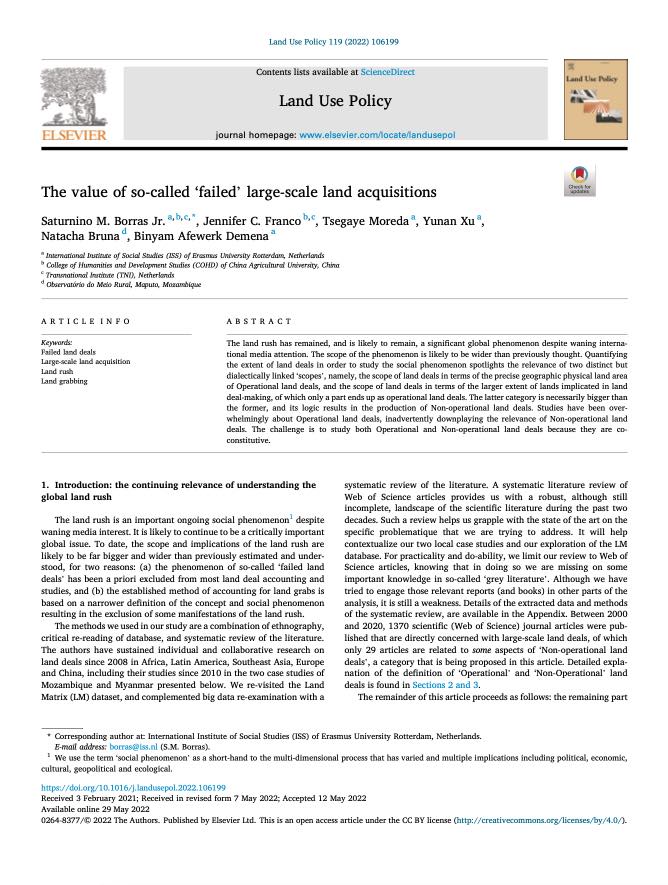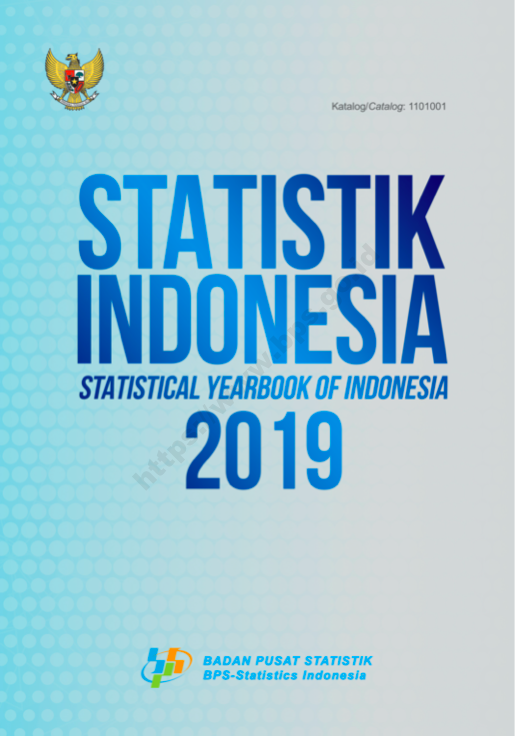Balancing quality with quantity: a case study of UK bread wheat
Societal Impact Statement: Increasing crop productivity is often proposed as a key goal for meeting the food security demands of a growing global population. However, achieving high crop yields alone without meeting end-use quality requirements is counter to this objective and can lead to negative environmental and sustainability issues.






